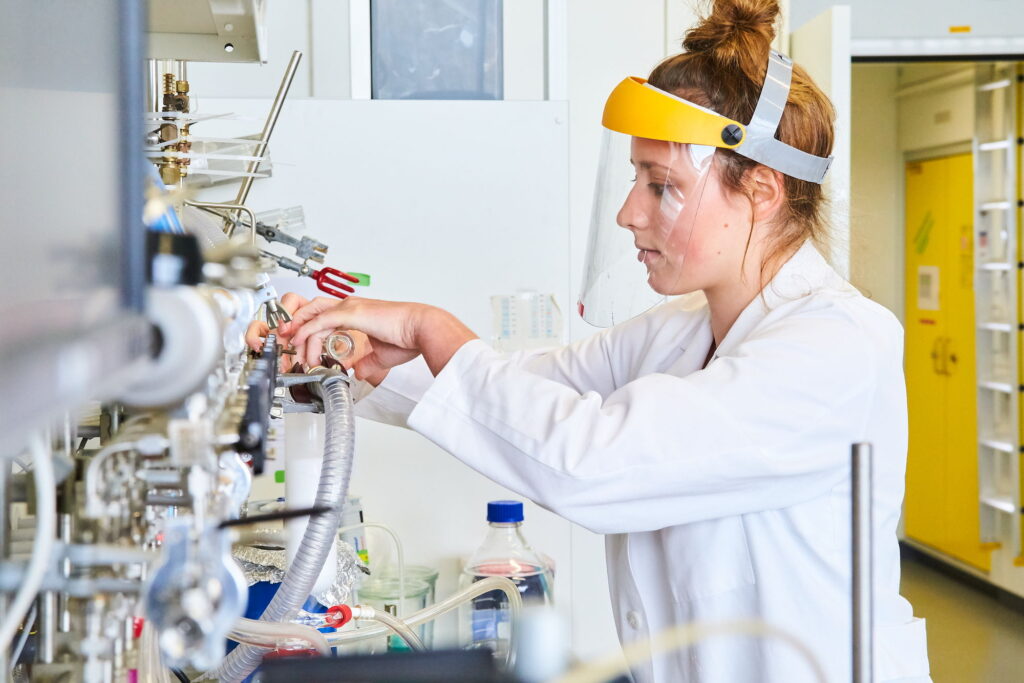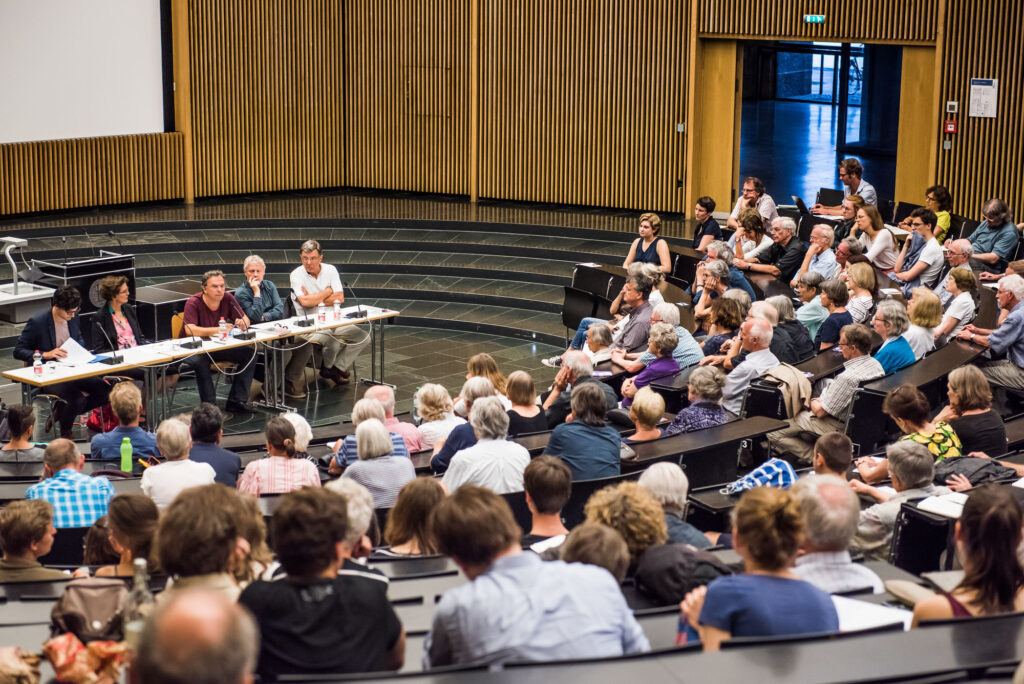Portrait
University of Freiburg at a Glance
The University of Freiburg was founded in 1457 and is one of the oldest and most renowned universities in Germany. With eleven faculties, around 240 degree programmes, and 440 full professorships as well as 32 junior professorships, it covers a broad interdisciplinary spectrum with high-quality research and teaching. The University of Freiburg regularly takes top positions in prestigious rankings. In the Shanghai Ranking, for example, it comes in at fifth place in nationwide comparison and is listed among the 101–150 best universities worldwide.
The University currently has around 24,500 students, 4,745 doctoral candidates, and a total of 8,489 employees, 5,936 of them in academic positions. Twenty-three Nobel laureates are associated with the University of Freiburg. The University secured 219 million euros in third-party funding in 2023 and received 16 ERC Grants between 2019 and 2023.
Excellence Strategy

In the Excellence Strategy of the federal and state governments, the University of Freiburg aspires with two approved Clusters of Excellence to the status of University of Excellence.
The Cluster of Excellence CIBSS – Centre for Integrative Biological Signalling Studies, that was established in 2019, will continue to receive funding for another seven years. In addition, the Cluster of Excellence Future Forests – Adapting Complex Social-ecological Forest Systems to Global Change will be established at the University of Freiburg on 1 January 2026.
Future Agenda ‘UFR 2040’
The Future Agenda ‘UFR 2040’ serves as a strategic compass for the University’s long-term development in research, teaching, knowledge transfer, university culture and governance. It brings together the main strands of its previous strategic work – including the Structural and Development Plan for 2024–2028, the formulation of its mission statement, the sharpening of its research profile, the European University initiative and the Excellence Strategy – and aligns them towards a shared strategic direction.

Sustainability

The University of Freiburg places special emphasis on sustainability in research, teaching, and operations.
Its Faculty of Environment and Natural Resources is engaged in a wide range of sustainability issues, there are more than 50 professorships throughout the University with a sustainability focus, and the topic is coordinated at a Vice Rector’s Office for Sustainability.
Since 2021 students of all fields of study have had the option of earning a ‘Sustainability Certificate’, and since 2022 the University has published an annual sustainability report, whose purpose includes reporting on the successful implementation of measures for the University’s own climate protection plan.
In 2023 the Sustainability Office was opened on the initiative of students. Its aims include networking actors on the topic and supporting projects. Moreover, the University of Freiburg is currently building up a sustainability campus together with the Karlsruhe Institute of Technology.
Internationalization
Internationalization is also a university-wide focus for the University of Freiburg that is coordinated at a vice rector’s office. In addition to global partnerships and numerous departmental collaborations, the University is a member of strong European alliances: As a member of ‘Eucor – The European Campus’ and ‘EPICUR – European Partnership for an Innovative Campus Unifying Regions’, it helps shape innovative European research and educational spaces in which the participating universities tackle global social challenges together.

Transfer

The University understands transfer as a multidirectional exchange between the University, society, industry, and politics that benefits all involved in equal measure. In order to meet the complex and different transfer needs of diverse stakeholders in the best possible way, transfer at the University of Freiburg encompasses the three areas technology, knowledge, and educational transfer.